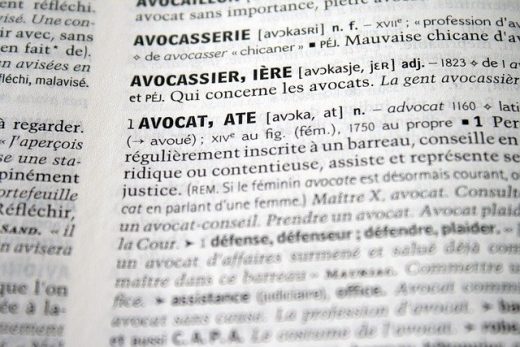By Lucy Ilado
The G20 Rio de Janeiro Declaration, adopted in November 2024, offers a framework for the global arts and culture sector. It acknowledges the immense value of culture in fostering unity, sustainability, and dialogue. For Africa, this is a critical moment. Yet, while the declaration sets an aspirational tone, it prompts a deeper question: can such commitments truly transform the lived realities of those that work in the arts and culture sector? Across the continent, artistic freedom and cultural development are not abstract goals; they are deeply intertwined with daily struggles for visibility, security, and support.
The summit, held between 17 and 18 November, marked a historic moment for Africa. South Africa, a longstanding member of the G20, announced it would assume the presidency in 2025, becoming the first African country to lead this influential international forum. This milestone places Africa in a strategic position to steer global conversations toward its priorities. The African Union, having gained full membership in the G20 in 2023, was also present, representing its member states. Angola, Egypt, and Mali were among the African countries invited, reflecting the growing recognition of the continent’s importance in such global discussions.
Despite the progress, the arts and culture sector has rarely, if ever, been a central agenda item on high-level platforms like the G20 where discussions often gravitate toward economic development, technology, and geopolitics, leaving culture sidelined as an auxiliary concern. This neglect persists despite overwhelming evidence of culture’s potential to drive economies and promote social cohesion. But now, there’s an opportunity to push culture to the forefront, not as an afterthought but as a key driver of the economy through its contribution to GDP, job creation, and community development across the continent.
Public financing for culture remains one of the continent’s most pressing challenges. The commitment by African Union member states to allocate 1% of national budgets to culture by 2030, as highlighted in the CFCA reports, signals a promising shift, but the reality often falls short. For instance, Zambia has consistently allocated less than 0.1% of its national budget to culture, despite recognising its potential as part of a diversified economy. Similarly, Uganda’s culture budget is undermined by fragmented policies, with key cultural projects often underfunded or deprioritised. Zimbabwe, despite having a slightly higher allocation of 1.24%, struggles with a lack of coordinated systems to ensure equitable distribution of funds.





